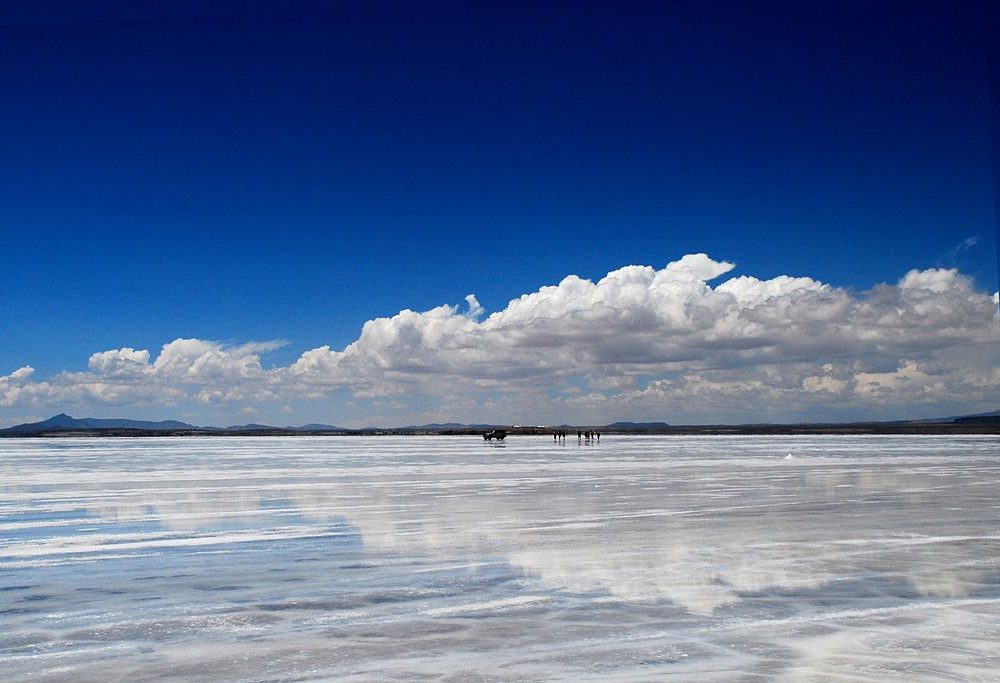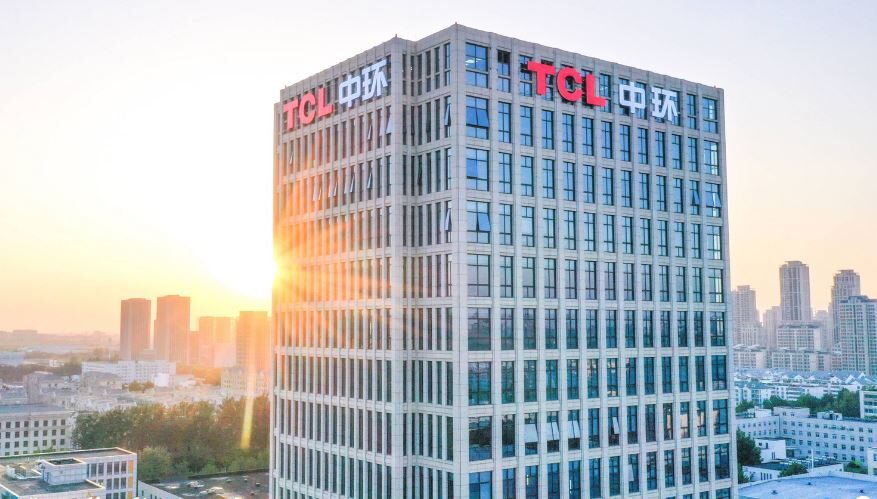In 2017, the World Bank estimated that energy storage technology would drive a 1,000% increase in material demand for cobalt, lithium, manganese and nickel by 2050 under a 2°C climate scenario. Batteries for electric vehicles are currently driving significant demand for these minerals, but growth in large-scale energy storage technology will also play an important role in this equation.
Similarly, solar PV was estimated to drive a 300% increase in material demand for copper, nickel and zinc under that same 2°C climate scenario. Implementing truly sustainable solutions to meet our energy needs means considering human rights risks linked to mineral extraction to ensure that the energy transition is not only fast but also fair.
Human rights in the mineral supply chains of low-carbon technologies
In response to growing concerns over the impacts of the transition to a low-carbon economy, the Business & Human Rights Resource Centre (BHRRC) developed the Transition Minerals Tracker, an online platform that tracks the human rights policies and practice of companies extracting minerals key to this energy transition. The tracker currently holds data on the main companies producing copper, cobalt, lithium, manganese, nickel and zinc – minerals that feature prominently in the supply chains of energy storage technologies and solar panels.
Analysis of allegations of human rights abuse we collected from 2010 to 2019 reveals that access to water, indigenous peoples’ rights, and labour rights are the most frequent human rights issues linked to these minerals. Allegations were recorded across all minerals, reflecting the fact that reducing or eliminating the need for one specific mineral in the supply chain – for example cobalt or lithium – will not result in a sustainable supply chain. Human rights risks must instead be assessed across all mineral supply chains and all regions. Companies at each link in the supply chain must have rigorous human rights due diligence mechanisms for addressing those risks in accordance with OECD Guidelines.
Impacts of lithium mining on indigenous rights
One rising area of concern is how lithium mining is affecting indigenous people in the Lithium Triangle, an area spanning Argentina, Bolivia and Chile, which currently holds over 60% of known global lithium reserves. This region also stands out because of its unique method of extracting lithium from salt-water brines – a technique that has not yet been fully studied for its potential environmental impacts.
Allegations collected by the Business & Human Rights Resource Centre reveal that access to water has become a critical issue for the mostly indigenous communities living near these lithium mines. Depleting water resources directly impacts traditional agriculture, threatening local livelihoods and ultimately the survival of indigenous groups in the region.
A recent report by Observatorio Ciudadano, Chile, and BHRRC compiles and analyses indigenous peoples’ demands around this issue. It warns that most harms have gone unaddressed by the lithium industry and that many issues stem from the lack of proper consultation with affected communities. Free, prior and informed consent is a right recognised under the UN Declaration on the Rights of Indigenous Peoples and is a crucial component in ensuring respect for community rights in mining operations.
What can companies at the end of the supply chain do?
The human cost of mineral extraction raises the question: what can end-user companies, such as battery manufacturers, buyers and solar panel producers do to address these risks?
Adopting a comprehensive human rights policy that is applied to suppliers as well as the company’s own operations is a start. But policy statements alone are not enough. For example, data from the Transition Minerals Tracker reveals that 61% (14/23) of the top global companies mining cobalt, copper, lithium, manganese, nickel and zinc have a human rights policy in place, but 87% (20/23) have human rights allegations linked to their operations. A thorough due diligence process is necessary to make sure human rights risks are identified and remedied in accordance with the UN Guiding Principles.
Participation in industry and multi-stakeholder initiatives, such as the Global Battery Alliance or the Responsible Minerals Initiative, can also help address supply chain sustainability. In 2019, Amnesty International launched its ethical battery campaign, challenging the electric vehicle industry to produce the world’s first ethical battery within five years.
Pressure is increasing for renewable energy companies as well. Later this year, BHRRC will launch the first Renewable Energy & Human Rights Benchmark, which will evaluate and rank renewable energy companies’ human rights policies and practice.
The benchmark uses indicators on responsible material sourcing and awards points to companies which extend their human rights due diligence requirements to their suppliers. The indicators were developed after careful analysis of the biggest human rights risks in the renewables sector and seven global consultations with a range of stakeholders from civil society, indigenous peoples, affected communities, investors, and industry.
How solar, wind and energy storage industries respond to these human rights risks will determine the success of the energy transition and whether these companies are truly able to address the biggest climate justice challenges they face.
About the author

Stephanie Regalia is a natural resources research assistant at Business & Human Rights Resource Centre. She is responsible for research and data collection on the Transition Minerals Tracker.
The views and opinions expressed in this article are the author’s own, and do not necessarily reflect those held by pv magazine.
This content is protected by copyright and may not be reused. If you want to cooperate with us and would like to reuse some of our content, please contact: editors@pv-magazine.com.



6 comments
By submitting this form you agree to pv magazine using your data for the purposes of publishing your comment.
Your personal data will only be disclosed or otherwise transmitted to third parties for the purposes of spam filtering or if this is necessary for technical maintenance of the website. Any other transfer to third parties will not take place unless this is justified on the basis of applicable data protection regulations or if pv magazine is legally obliged to do so.
You may revoke this consent at any time with effect for the future, in which case your personal data will be deleted immediately. Otherwise, your data will be deleted if pv magazine has processed your request or the purpose of data storage is fulfilled.
Further information on data privacy can be found in our Data Protection Policy.